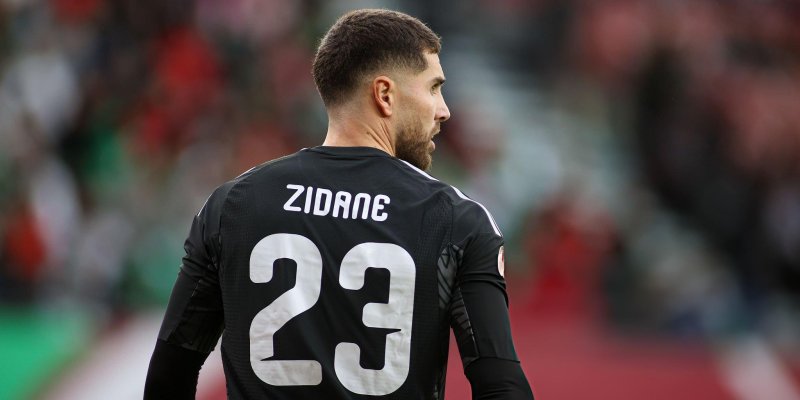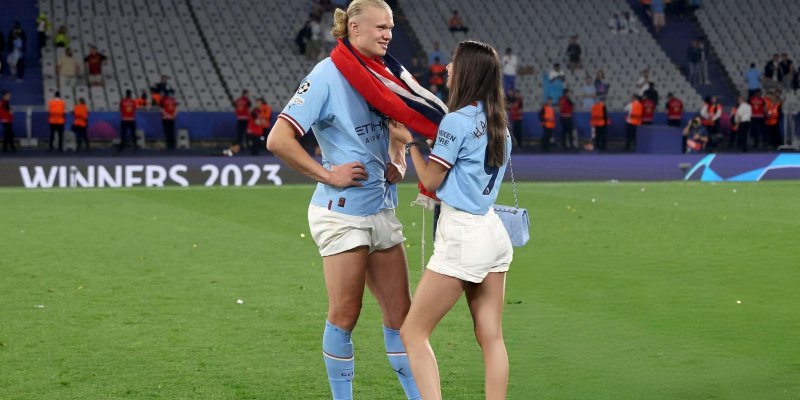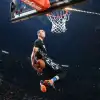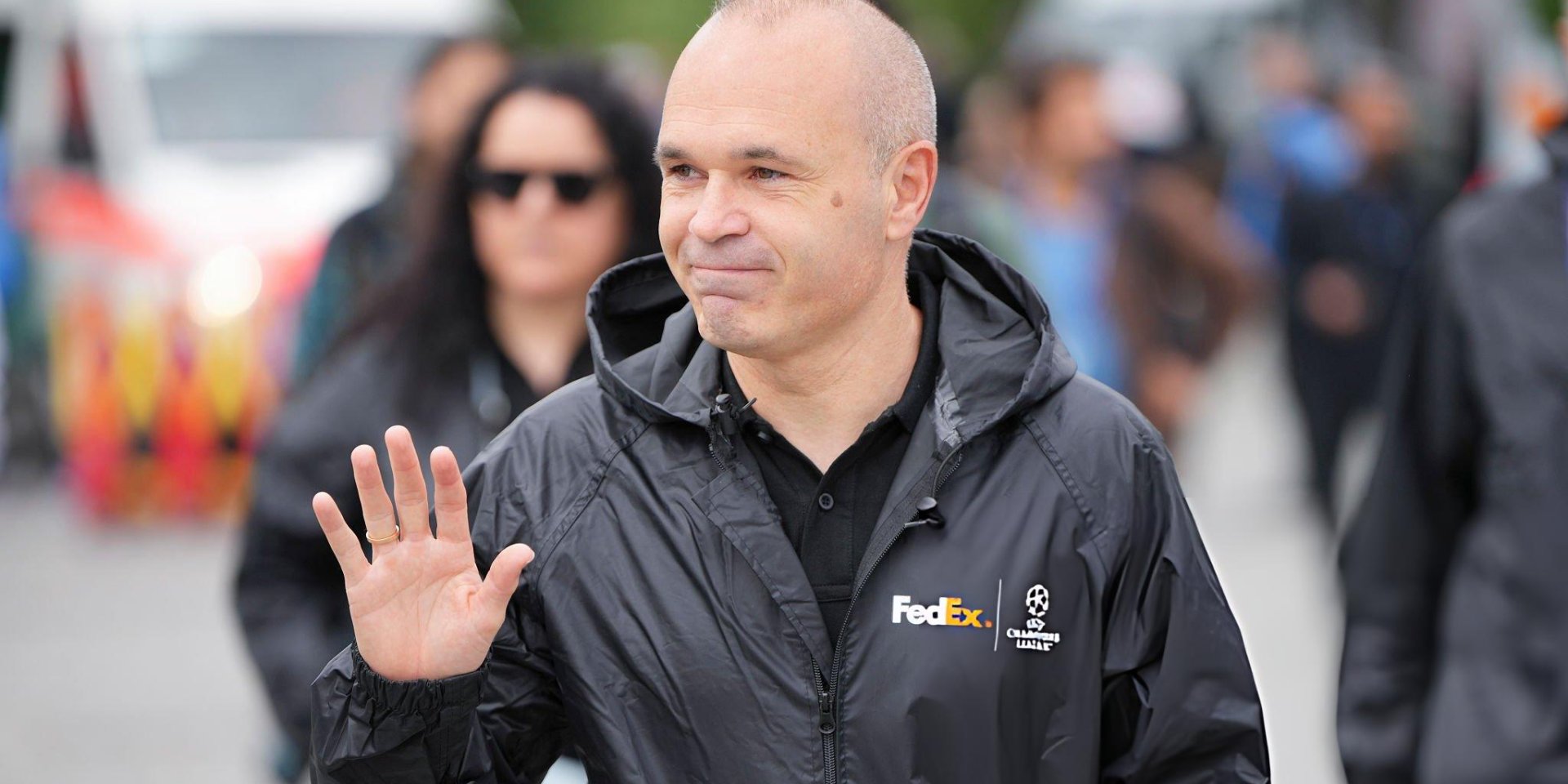
Andres Iniesta has always been associated with a gentle character, his goal against the Netherlands in the 116th minute of the 2010 World Cup final and exemplary professionalism. That is why seeing his name not in sports pages but in reports from the Peruvian prosecutor's office is all the more unexpected. Local law enforcement authorities are scrutinising a business venture in which the name and reputation of the Barcelona legend were used to attract investment, while part of the planned events never took place. Investors speak of hundreds of thousands of dollars in losses, and more and more questions are being raised about Iniesta's empire beyond the football pitch.
World Champion's Name as an 'Investment Guarantee'
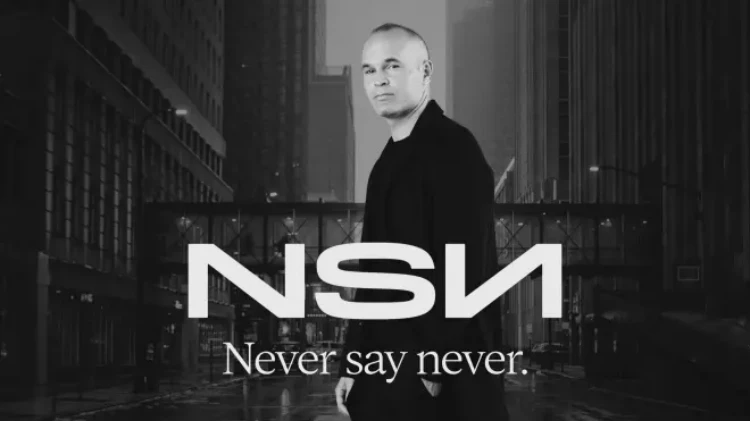
According to the Peruvian prosecutor's office, Iniesta is mentioned in an investigation into a case of aggravated fraud. The focus is on a network of financial schemes linked to his Spanish company Never Say Never and its South American subsidiary NSN South America. This is reported in particular by El Espanol.
The alleged victims are several Peruvian entrepreneurs who claim total losses of more than 600 thousand dollars. Among the plaintiffs are Gucho Entertainment S.A.C. and other investors. The complaint emphasises that Iniesta's name, image and status were used as a kind of guarantee mark intended to persuade businesspeople to invest in the organisation of sports and music events in Peru.
The funds raised were meant to be directed into projects that Never Say Never and its South American 'daughter' were supposed to implement. However, a significant part of the announced shows was never actually held, and according to the investors, the money they put in was not returned to them.
NSN South America: An Ambitious Start and a Rapid Collapse
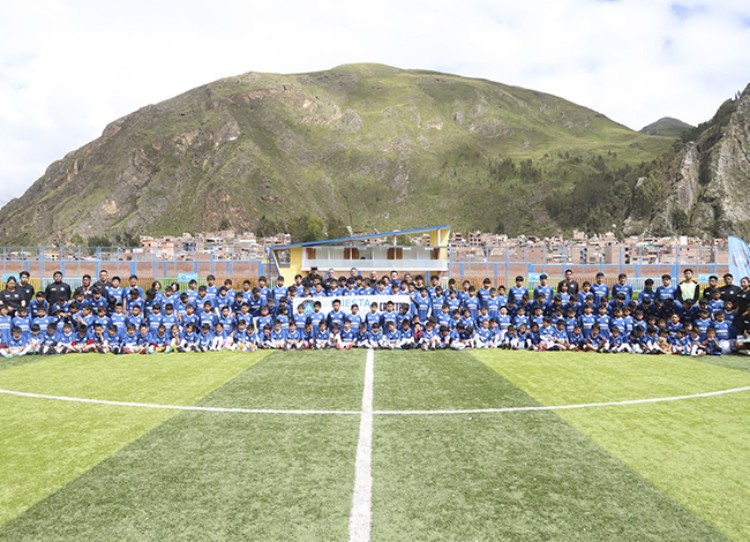
The subsidiary company NSN South America was created in April 2023. The founders are listed as Andres Iniesta himself, as well as Pol Valderrama Rubio and Carlos Gomez Pintor. The legendary midfielder did not just appear in the documents: he took an active role in promoting the project, publicly supported its launch and used his connections in football and show business.
Now, according to the investigation, this very project is being viewed as a key element in a suspected fraudulent investment scheme. Prosecutors state that Iniesta's reputation, his status as a world champion and idol of supporters were supposed to act as a 'magnet' for local businesspeople willing to finance expensive events.
Festivals, Legends Matches and the Barça Game That Never Happened in Miami
NSN South America promoted several large-scale events at once. Among the projects were the Upa Upa Fest festival, a friendly match between Peruvian side Cienciano and Ecuadorian club El Nacional, the K-Pop Music Fest and a legends match between the Peru national team and stars of the past from Spain's national team.
In reality, according to the investigation, only Upa Upa Fest was held – and even that with a loss which, according to the organisers, made it impossible to get the other events off the ground. The project collapsed, and the investors were left with neither the shows nor the return of their capital.
A separate episode concerns a planned but never staged friendly match in Miami between Barcelona and Sporting Cristal (Peru). Businessman Ivan Petrozzi claims he invested 35 thousand dollars in the preparation of this game. Other investors, Juan Manuel Vargas Alva and Jorge Alberto Yañes Giles, say they added a further 15,000 and 14,850 dollars respectively. The match was never organised and they did not get their money back.
The Peruvian prosecutor's office notes that NSN South America did not publish any financial statements and that its business practices were as non-transparent as possible. The investigation materials directly mention the parent company Never Say Never as part of the overall scheme. At the same time, neither Iniesta nor the other individuals named in the case have so far made public statements. In June 2024 NSN South America was officially declared bankrupt and a liquidation process was initiated.
Tax Offside in Japan

The story in Peru is not the only episode where Iniesta's business activity has come under the close attention of state authorities. In March 2024 he was already accused of tax evasion in Japan. At that time Andres publicly expressed his disagreement with the claims.
The regional tax bureau in Osaka established that around 860 million yen (approximately 5.2 million euros) had not been declared in the footballer's tax returns. As a result he was ordered to pay an additional 580 million yen (around 3.5 million euros), including fines and surcharges.
Iniesta explained that the dispute concerned 2018, when he moved from Barcelona to Vissel Kobe. According to him, he paid tax on that period in Spain, but in 2021–2022 Japanese tax authorities considered him a tax resident of Japan for part of that year and demanded a top-up payment. In the end Andres stated that he had settled the debt after the audit and stressed that he has always acted and intends to continue acting strictly in accordance with the law.
Wine, Real Estate and His Own Sports Style
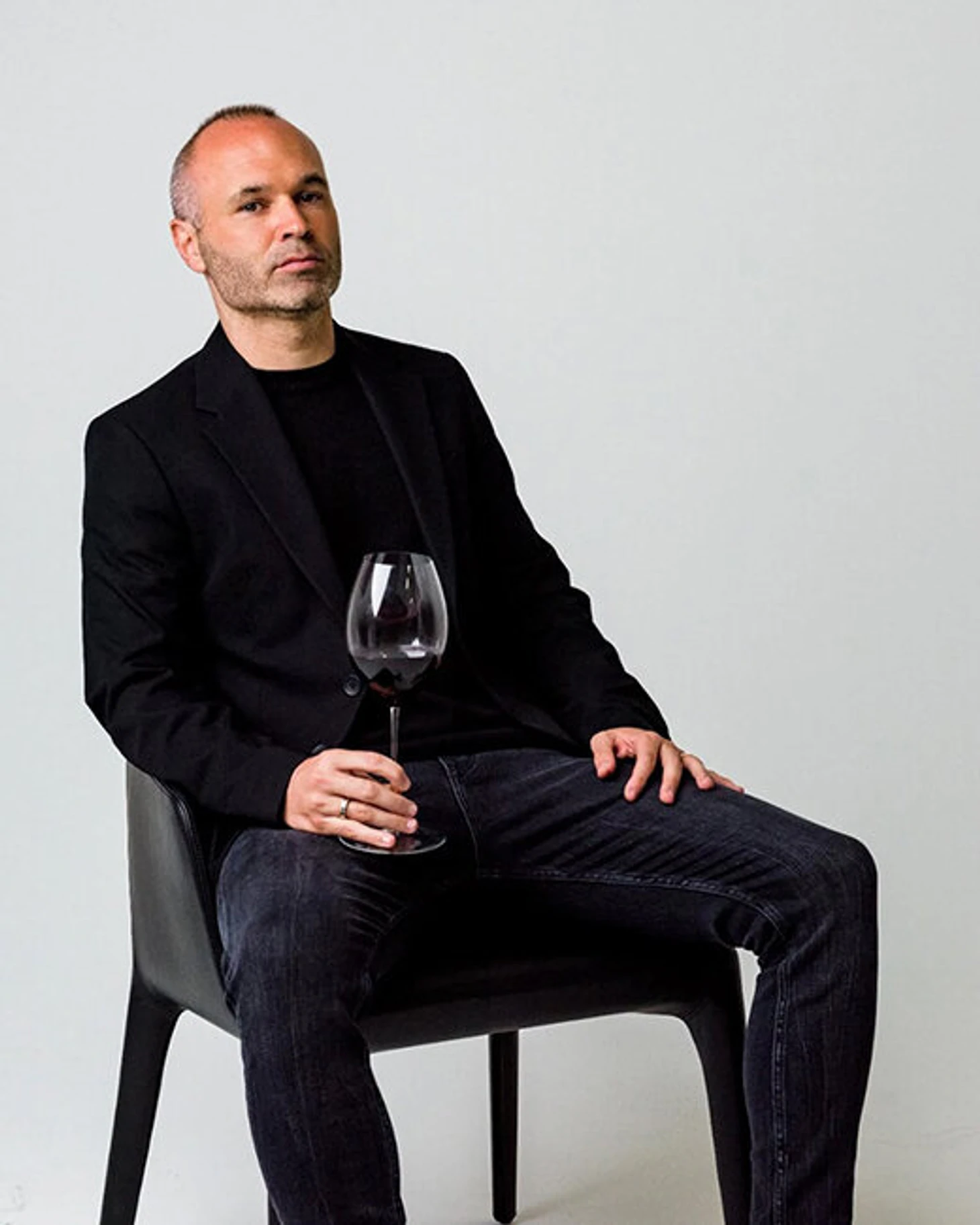
Despite the current scandals, Iniesta's business portfolio remains impressive. Since 2001 he has owned Maresyterey, a company specialising in the purchase and management of real estate. According to 2022 data from AS, the company's assets include properties across Spain with a total value of around 28 million euros.
In 2011 Iniesta made headlines not only with his performances on the pitch but also as the saviour of his boyhood club Albacete. He bought 7,000 shares for 420 thousand euros, then injected another 120 thousand. These investments helped the club avoid bankruptcy and prevented it from dropping into the third tier. In gratitude Albacete's training base was named after the midfielder and a bronze monument to him was erected in his home province.
The family winery La Bodega Iniesta dates back to the time of Andres's grandfather in La Mancha. It was the footballer himself who later expanded the vineyards from 10 hectares to 300. Management is handled mainly by his father, but Iniesta is involved in all the key stages: from overseeing production to approving label designs. The winery produces red, rosé, white and sparkling wines at relatively affordable prices – roughly from 8 to 19 euros per bottle.
A separate line, Minuto 116 Tinto, is dedicated to that very goal against the Netherlands in the 2010 World Cup final. There are also wines named after Andres's children – his daughter Valeria and son Paolo Andrea. However, according to AS, the wine business is currently loss-making, with total losses estimated at 4 million euros.
In addition, Iniesta owns a sports footwear and clothing brand called Mikakus. The collections are designed by his wife, Anna Ortiz, and the shoes are manufactured in Portugal. In 2022 another project appeared – the Capitten brand, launched with the involvement of Japanese designers. Under this label they produce trainers, hoodies, sweatshirts and tracksuits aimed at fans of football aesthetics.
When a Spotless Reputation Collides With Business Reality
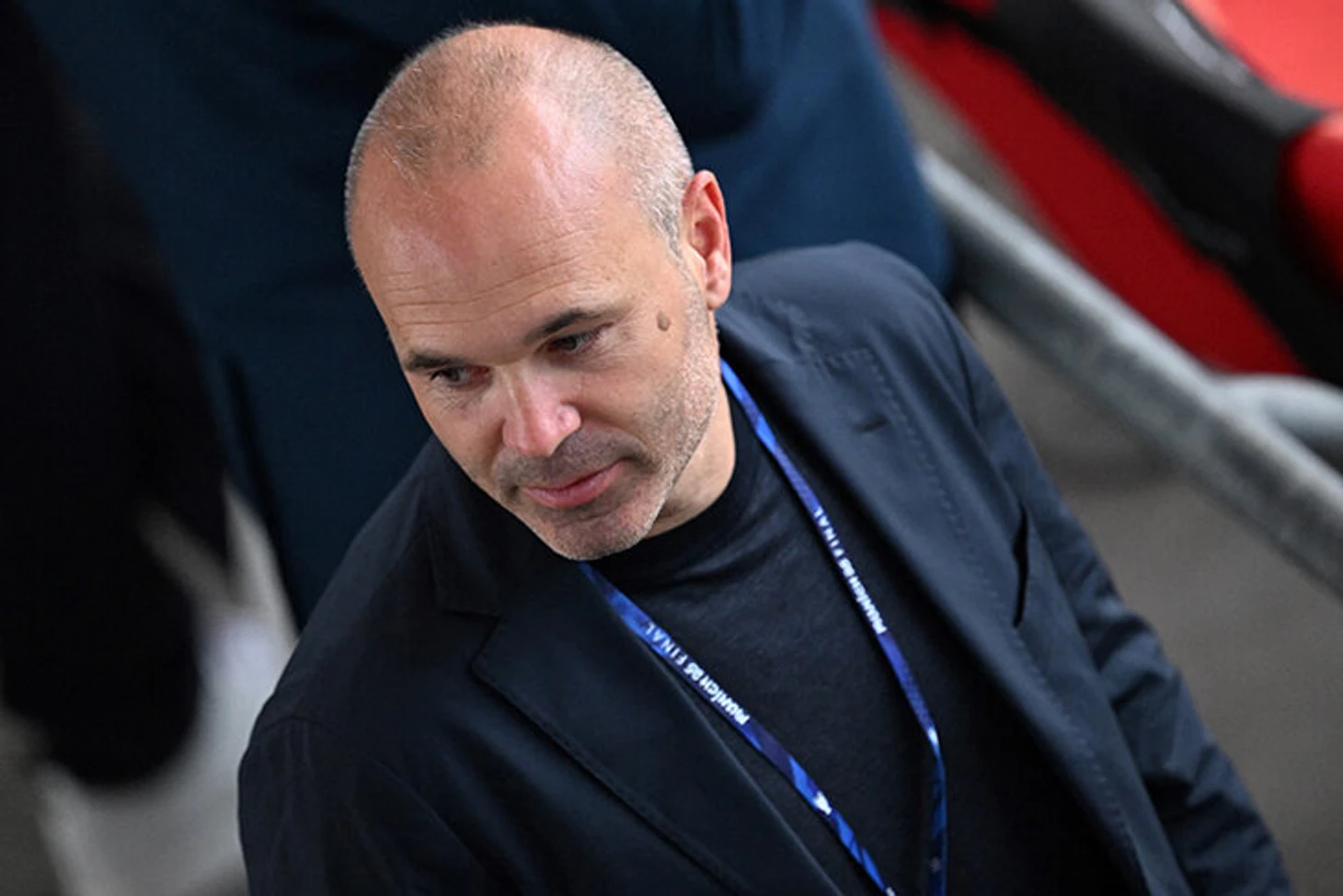
For decades Iniesta has been a symbol of modesty and fair play for fans – the complete opposite of stars associated with noisy scandals and disciplinary breaches. But outside the football pitch it is much harder to control every detail: companies grow, the number of partners increases and any miscalculation or opaque decision can turn into a criminal case somewhere else in the world.
The investigation in Peru has not yet put a final full stop on the question of Andres's role in NSN South America's activities, but the damage to his image has already been done. The tax dispute in Japan, the bankruptcy of the subsidiary and the multi-million-euro losses at the winery show that even the brightest football legend's business career is far from perfect. On the pitch Iniesta was used to sending team-mates through on goal with pinpoint passes, but in the Peruvian episode the combination built around investments clearly broke down – and now it is not the referee but the prosecutors who will decide the fate of this attack.

